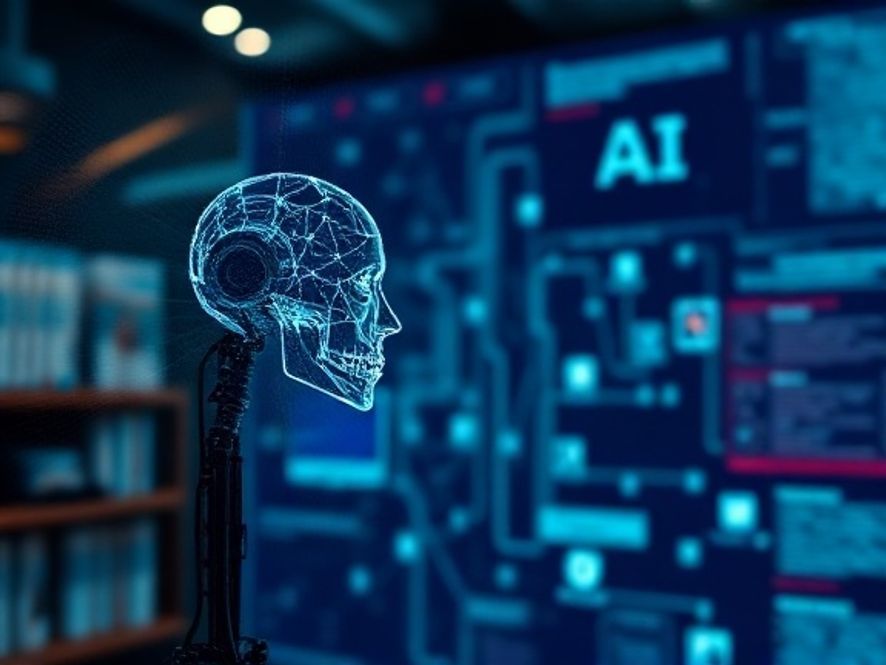What is AI for E-commerce?
AI for E-commerce refers to the integration of artificial intelligence technologies into online retail platforms to enhance the shopping experience, streamline operations, and boost sales. It encompasses various tools and techniques that analyze consumer behavior, predict trends, and automate customer service, ultimately leading to a more personalized shopping experience.
The Importance of AI in E-commerce
As online shopping continues to grow exponentially, retailers are seeking innovative solutions to stand out in a crowded market. AI for E-commerce plays a crucial role in helping businesses achieve this by offering insights into consumer behavior and automating repetitive tasks. By leveraging AI, retailers can enhance customer satisfaction, reduce operational costs, and increase conversion rates.
Key Components of AI for E-commerce
- Personalization: AI algorithms analyze data from customer interactions to provide tailored product recommendations, enhancing the shopping experience.
- Chatbots: AI-powered chatbots can assist customers in real-time, answering inquiries and guiding them through the purchasing process.
- Predictive Analytics: AI tools can forecast sales trends and customer preferences, enabling retailers to make data-driven decisions.
- Inventory Management: AI can optimize inventory levels by predicting demand and automating restocking processes.
Real-World Applications of AI for E-commerce
Many successful e-commerce companies are already utilizing AI technologies to enhance their operations. Here are a few examples:
- Amazon: The e-commerce giant uses AI to provide personalized recommendations based on users’ browsing history and purchase behavior, significantly improving user engagement and sales.
- Alibaba: They employ AI to analyze customer data and optimize their supply chain management, ensuring timely delivery and efficient inventory control.
- Sephora: The cosmetics retailer uses AI-driven chatbots to offer personalized beauty advice, helping customers find the right products quickly.
How to Implement AI for E-commerce in Your Business
Implementing AI for E-commerce can seem daunting, but here are practical steps to get started:
- Identify Needs: Assess your business needs and determine which areas can benefit from AI, such as customer service or sales forecasting.
- Choose the Right Tools: Research and select AI tools that fit your requirements. Platforms like Shopify and WooCommerce offer various AI integrations.
- Train Your Team: Ensure your staff is trained to use AI tools effectively and understand their benefits.
- Monitor Performance: Regularly evaluate the effectiveness of your AI solutions and make adjustments as necessary.
Related Concepts in AI for E-commerce
Understanding AI for E-commerce also involves familiarity with related concepts:
- Machine Learning: A subset of AI that focuses on the development of algorithms that allow computers to learn from and make predictions based on data.
- Natural Language Processing (NLP): A field of AI that enables computers to understand and respond to human language, crucial for chatbots.
- Data Analytics: The process of analyzing data sets to draw conclusions about the information they contain, essential for predictive analytics in e-commerce.
Conclusion: The Future of AI in E-commerce
AI for E-commerce is transforming the retail landscape, providing businesses with the tools to enhance customer experiences and optimize operations. As technology continues to evolve, the potential applications of AI will only expand, making it an essential component of any successful e-commerce strategy.
Call to Action
Reflect on how AI can be utilized in your own e-commerce endeavors. Consider integrating AI tools to enhance your customer interactions and streamline your operations. The future of shopping is here, and it’s powered by artificial intelligence!









